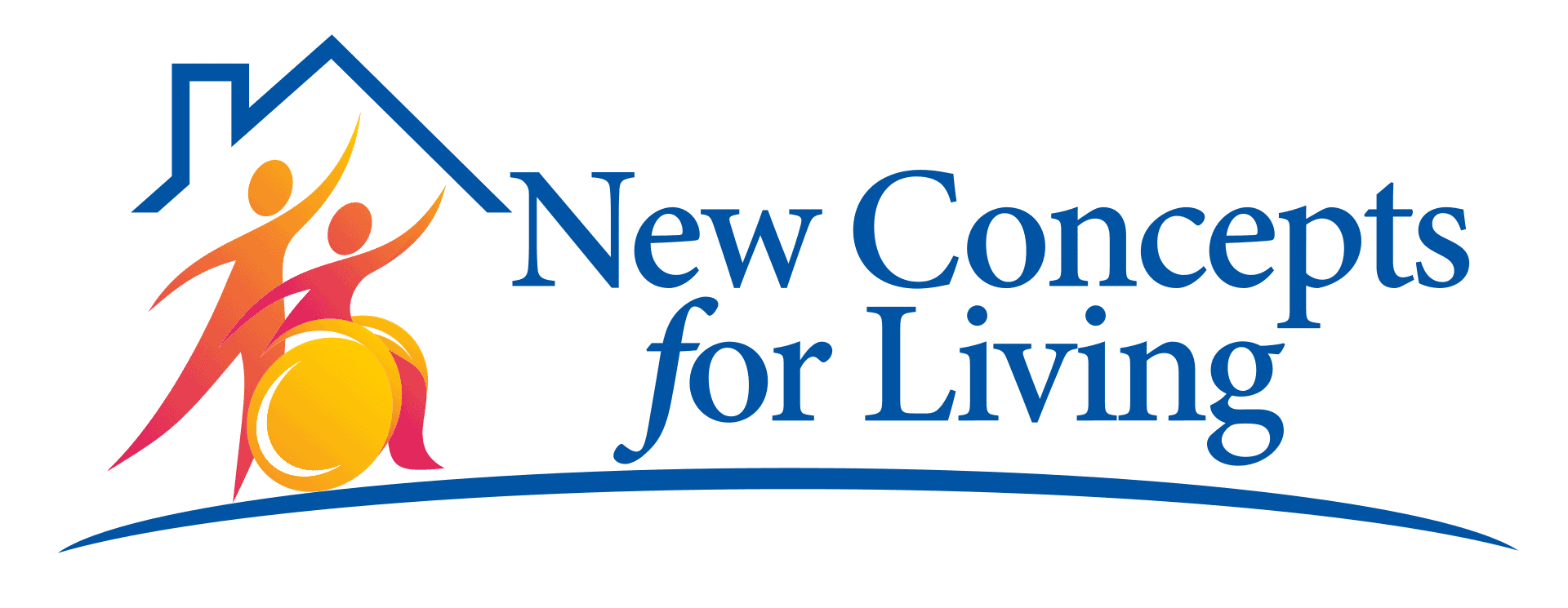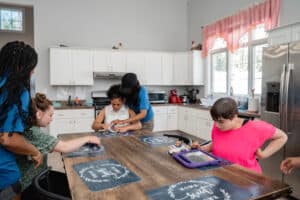The Availability of Care Options To Meet the Specific Needs of Families and Individuals With IDD
The availability of care options for families and individuals with intellectual and developmental disabilities (IDD) has grown significantly over the years. With a variety of support systems and services in place, it’s now easier for individuals with IDD to receive the care they need to live long, fulfilling lives. In this article, we’ll explore the range of care options available to families and individuals with IDD, helping you make informed decisions about the best care for your loved ones.
Expanded Care Options for Individuals With IDD
The care options available for families and individuals with IDD are varied and designed to address the specific needs of each person. Here, we delve deeper into the most common care options:
Residential Services
Residential services are tailored living environments for individuals with IDD, offering a range of support levels to promote independence and well-being. Some popular residential services include:
- Group Homes: These are small, community-based residences that typically house several individuals with IDD. Group homes are staffed by trained professionals who provide 24-hour support, supervision, and assistance with activities of daily living (ADLs).
- Supported Living Arrangements: In these arrangements, individuals with IDD live in their own homes or apartments and receive support from professionals as needed. This support can include help with ADLs, managing finances, and coordinating healthcare services.
- Shared Living Options: Shared living involves an individual with IDD residing with a caregiver or host family. The caregiver or host family provides support, supervision, and assistance with ADLs in a family-like setting.
In-Home Supports
In-home support services offer personalized care for individuals with IDD within the comfort and familiarity of their own homes. These services can encompass:
- Personal Care: Assistance with ADLs, such as bathing, dressing, and grooming.
- Behavioral Support: Trained professionals provide guidance and interventions to help manage challenging behaviors and promote emotional well-being.
- Skill-Building Activities: These activities help individuals with IDD develop essential life skills, such as cooking, cleaning, and budgeting.
Day Programs
Day programs provide structured activities and support for individuals with IDD during daytime hours. These programs often emphasize:
- Socialization: Opportunities to interact with peers and develop social skills through group activities, outings, and events.
- Skill-Building: Hands-on learning experiences that help individuals with IDD enhance their abilities and gain new skills.
- Community Integration: Encouraging individuals with IDD to participate in community-based activities, fostering a sense of belonging and inclusion.
Educational Supports
Educational supports are designed to assist students with IDD in various educational settings by offering:
- Specialized Instruction: Teachers trained in special education provide tailored instruction to accommodate the unique learning needs of students with IDD.
- Adaptive Tools: Assistive technology and devices that help students with IDD access and engage in the curriculum more effectively.
- Additional Resources: Supplementary materials and services—such as specialized tutoring or therapy—help to support students with IDD in reaching their full potential.
Employment Services
Employment services aim to help individuals with IDD secure and maintain meaningful work through:
- Vocational Training: Programs that teach job-specific skills, preparing individuals with IDD for employment in various industries.
- Job Coaching: Job coaches provide one-on-one support to help individuals with IDD succeed in the workplace by offering guidance, accommodations, and ongoing encouragement.
- Supported Employment: This service assists individuals with IDD in finding competitive, integrated employment opportunities, while also providing ongoing support to ensure job retention and success.
Transition Services
Transition services focus on supporting young adults with IDD as they transition from school to adulthood, ensuring a seamless shift by:
- Developing Individualized Transition Plans: These plans outline specific goals, services, and supports needed for a successful transition to adulthood, taking into account the individual’s strengths, preferences, and aspirations.
- Coordinating Services: Transition services help connect young adults with IDD to relevant adult services providers, such as vocational rehabilitation agencies, postsecondary education institutions, and healthcare providers.
- Providing Ongoing Support: Young adults with IDD receive continuous guidance and assistance throughout the transition process, helping them achieve their goals and adapt to their new roles in the adult world.
Additional Care Options for Individuals with IDD
In addition to the care options discussed above, there are several other services and resources available to support individuals with IDD and their families. These additional options can enhance the overall quality of life for individuals with IDD and provide the necessary support to help them thrive.
Respite Care
Respite care offers temporary relief to caregivers, allowing them to take a break from their caregiving responsibilities. This service can be provided in the individual’s home, a respite care facility, or another appropriate setting. Respite care ensures that the individual with IDD continues to receive quality care and supervision while their primary caregiver has the opportunity to rest and recharge.
Therapeutic Services
Therapeutic services can play a crucial role in improving the well-being and functioning of individuals with IDD. These services may include:
- Physical Therapy: Physical therapists work with individuals with IDD to enhance their mobility, strength, and coordination.
- Occupational Therapy: Occupational therapists help individuals with IDD develop the skills necessary for daily living and independence.
- Speech Therapy: Speech therapists assist individuals with IDD in improving their communication skills, including speech, language, and nonverbal communication.
- Behavioral Therapy: Behavioral therapists provide interventions and support to help individuals with IDD manage challenging behaviors and improve their emotional well-being.
Family Support Services
Family support services aim to provide resources and assistance to families of individuals with IDD, helping them navigate the complex world of disability services and support. These services may include:
- Parent Training and Education: Workshops, classes, and support groups that provide parents and caregivers with the knowledge and skills necessary to effectively care for their loved one with IDD.
- Sibling Support: Programs and resources designed to support the siblings of individuals with IDD, addressing their unique needs and experiences.
- Financial and Legal Assistance: Guidance and resources to help families secure financial assistance—such as government benefits—and navigate legal issues related to their loved one’s care and support.
By exploring and combining these care options, families and individuals with IDD can create a comprehensive and personalized support system that addresses their unique needs, fosters independence, and enhances their overall quality of life.
At New Concepts for Living (NCFL), our mission is to serve individuals with intellectual and developmental disabilities, and it is the fundamental force that makes us the premier community for adults with IDD in New Jersey. We are committed to caring for and nurturing adults challenged with special needs so they can attain their highest level of wellness, independence, and achievement. This includes supporting them and their families with the care options that best fit their particular situation and providing them with the resources they need to be successful and live long, fulfilling lives.
Our meticulously maintained homes and caring staff enable us to provide the highest level of service for the individuals we care for. We also work to continuously improve our services and homes in order to provide the best care for our residents now and in the future, like our new medically fragile homes opening up, which use things like ceiling lift track systems.
In addition, NCFL has an Adult Achievement Center Day Program that offers the most robust and diverse calendar of activities for those we serve. We understand that a busy and productive life is the key to leading a fulfilling life and promoting mental health.
We recognize the need for quality services for every extraordinary individual in northern New Jersey and are committed to expanding. NCFL is currently building new community residences (group homes) in Old Tappan, Mahwah, Hillsdale, and Upper Saddle River—as well as planning to open a larger Day Program Facility in 2023—and is dedicated to finding ways to further expand and grow to better serve our community! You can learn more about the work we do, make a donation to support our mission, contact us for more information, or request placement for a loved one today!

